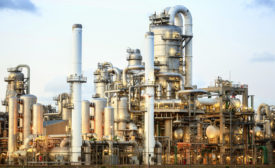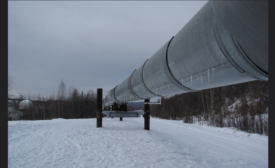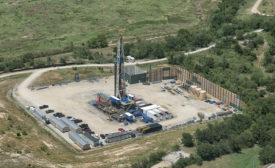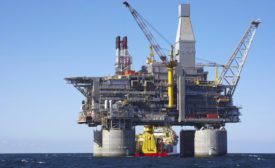Oil and Gas Industry Safety & Health
Investigating unknown health hazards
NIOSH aims to gain more accurate exposure data
April 18, 2016
CSB: Offshore risk management, regulatory oversight still inadequate in Gulf
Macondo disaster minimal compliance culture still exists
April 14, 2016
Investigating unknown health hazards
NIOSH aims to gain more accurate exposure data
April 1, 2016
Never miss the latest news and trends driving the safety industry
eNewsletter | Website | eMagazine
JOIN TODAYCopyright ©2024. All Rights Reserved BNP Media.
Design, CMS, Hosting & Web Development :: ePublishing







